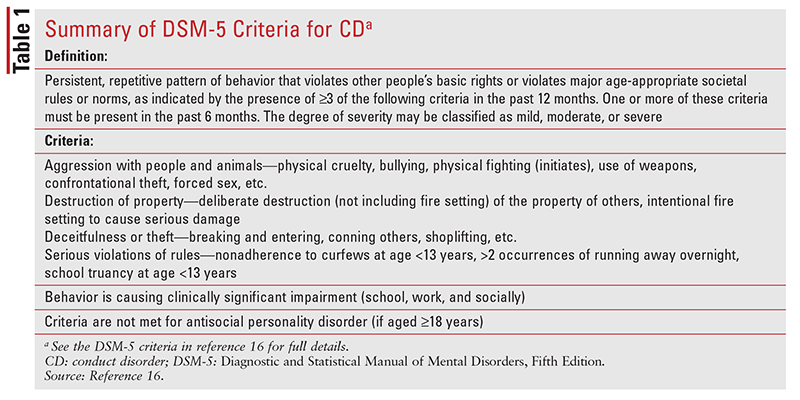
Oppositional Defiant Disorder (ODD) is one of the disorders set out in DSM-5. Once we label students, we risk putting too much emphasis on their intrinsic traits at the expense of neglecting environmental strategies that may be effective. As a student of Cognitive Load Theory, I have a foot in the cognitive camp, yet I do not want to discard the insights from behaviourism. The former takes little interest in the internal structure of the mind whereas the latter posits mental mechanisms to explain behaviours.

Behaviourism also stresses the effect of positive reinforcement and negative consequences on behaviour, usually stressing the use of the former.īehaviourism is often contrasted with a cognitive approach. For instance, antecedent control involves manipulating the environment to prevent troublesome behaviour. There is strong evidence from the ‘behaviourist’ tradition in psychology that behaviour can and is modified by circumstance. When we consider our own behaviour, we are much more likely to attribute it to circumstance.Ī diagnosis of a mental health disorder is certainly something that, for many people, will explain behaviour and so it will tend to take our attention away from circumstance. However, he might be in danger of missing a plane that will take him home to see his dying mother. It is tempting to think, ‘he must be a selfish person – I bet he thinks he’s more important than the rest of us’. Imagine a man in a business suit cuts in front of you at the airport security line. The fundamental attribution error is our tendency to ascribe the behaviour of others to their personal characteristics rather than the situation they face. Yet there are other worries associated with labelling students, such as stigmatisation, stereotyping and the fundamental attribution error. Attention Deficient Hyperactivity Disorder (ADHD) has raised particular concerns due to the tendency to treat it with powerful psychostimulant drugs such as Ritalin. There are growing concerns about the effects of such over-diagnosis of school students. If so, what does it mean to have a mental disorder? What does it mean to be normal? What is the significance of a diagnosis?


al., statistics from various studies now suggest that, ‘almost all of the population has mental disorders’. Anyone noting a rise in diagnosed mental health disorders over a timeline that includes different iterations of DSM therefore needs to account for these inflationary pressures. The number of disorders has increased in different iterations of DSM: VersionĭSM-5 did not change the number of disorders but did substantially change the threshold for making diagnoses, leading to a potential increase of up to 28%. DSM-5 is the gold standard used by clinicians to diagnose mental health disorders.Īccording to an interesting review article by Khoury, Langer and Pagnini, the first draft of the DSM, produced in 1952, contained only 108 disorders (including homosexuality which we would not now consider to be a disorder – it was dropped for DSM-II published in 1973).
#Oppositional defiant disorder dsm 5 manual#
Welcome to the world of the Diagnostic and Statistical Manual of mental health (DSM), produced by the American Psychiatric Association and currently in its fifth iteration (DSM-5). At most it might give legitimacy to the prescription of painkillers but it wouldn’t help much in dealing with the cause.

Your stomach ache is caused by the fact that you have SAC.We know this because you have a stomach ache.You have ‘stomach ache condition’ or ‘SAC’.Imagine a world where a visit to the doctor would elicit only circular logic: Imagine if diseases were categorised as things like, ‘stomach ache condition’ or ‘sneezing syndrome’. Imagine if we didn’t have these understandings. Once you know that diseases may be caused by microorganisms, you can put in place aseptic practices that help prevent their spread. Often the best we were able to do prior to the advent of modern medicine was alleviate the symptoms.Īn understanding of underlying causes also helps prevention. A disease caused by a virus will not respond to treatment with antibiotics and so, if it is serious enough, we can run tests to find out the exact pathogen involved. Many conditions have similar symptoms but different underlying causes. We are fortunate to live in an age where medical diagnosis has advanced.


 0 kommentar(er)
0 kommentar(er)
